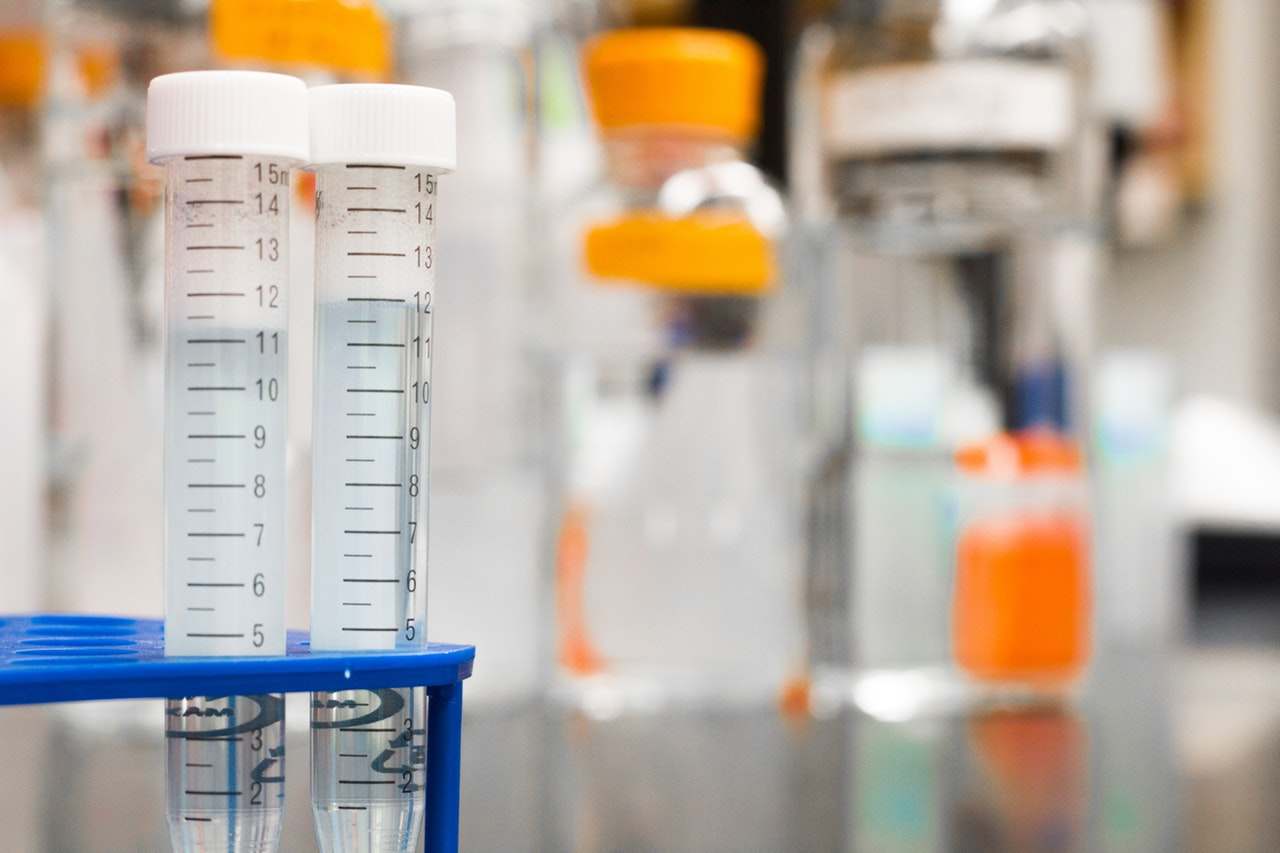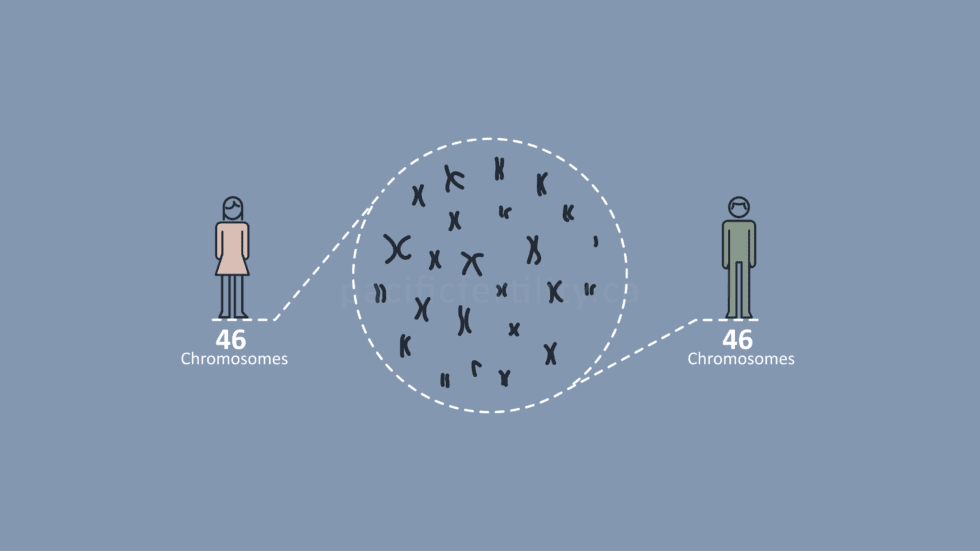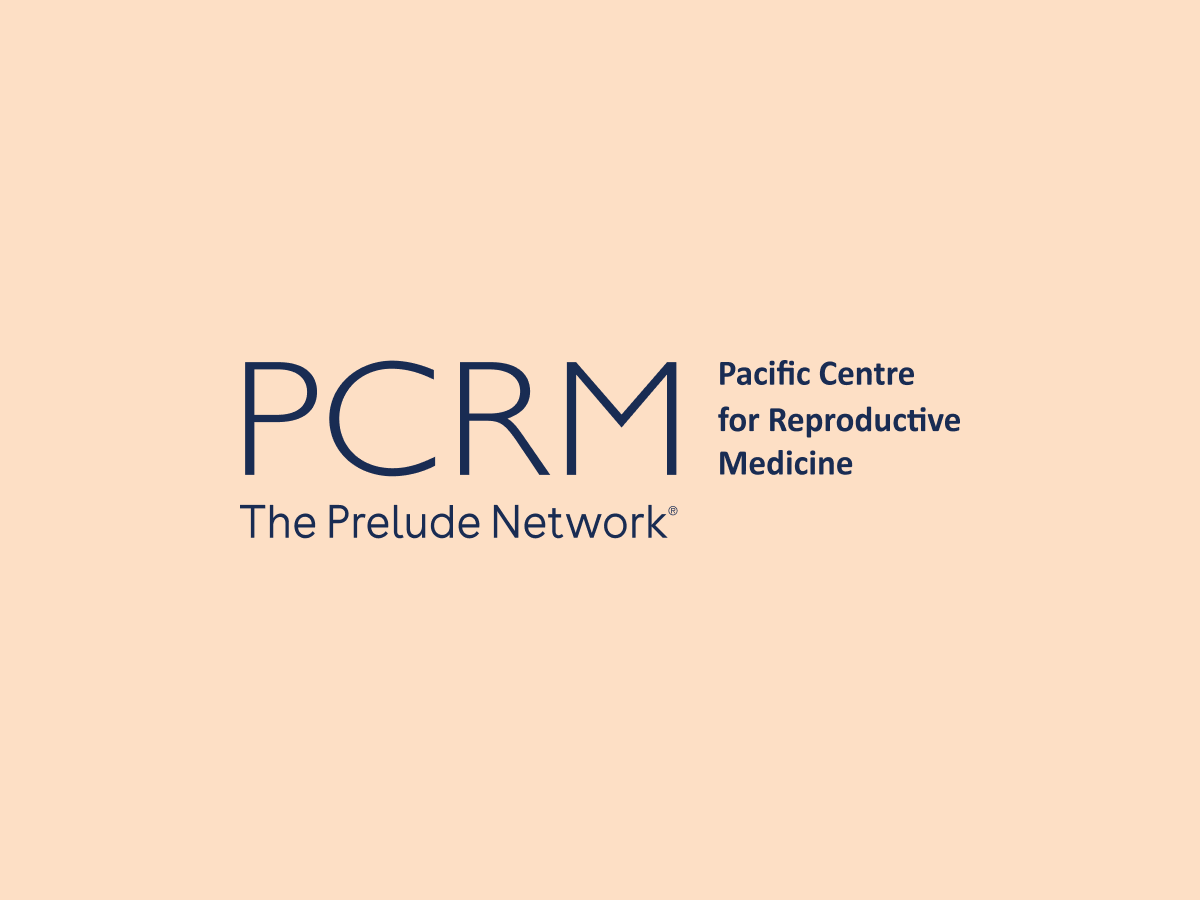
Benefits and Drawbacks of PGT-M and PGT-A
Are you living with a serious hereditary condition that you fear you may pass on to your children? You may want to consider IVF with preimplantation genetic diagnosis (PGT-M). IVF is a medical procedure in which eggs are fertilized with sperm in a lab, outside of the body, to create embryos. The embryos are then available for genetic testing before being transferred into the womb.
To begin the process of IVF, a fertility doctor will test the man’s sperm quality and the woman’s egg supply. In the lab, an embryologist can later choose the best ones using sperm selection and oocyte selection techniques. After the sperm and eggs have been selected, they will be combined by using a microscopic needle to inject a single sperm into each egg for fertilization. This is called intracytoplasmic sperm injection (ICSI). The resulting embryos grow in an incubator for five days. Once they are ready, the doctor will use the preimplantation genetic diagnosis to identify abnormal embryos so that the healthy one(s) may be selected for transfer.
Preimplantation genetic testing can also identify the sex of an embryo, but gender selection is illegal in Canada for non-medical reasons.
Preimplantation genetic testing includes preimplantation genetic testing for monogenic (single gene) defects (PGT-M) and preimplantation genetic testing for aneuploidies (PGT-A). PGT-M and PGT-A is the modern terminology for procedures that in the past were referred to as preimplantation genetic diagnosis (PGD) and preimplantation genetic screening (PGS/CCS).
What is the difference between PGT-M and PGT-A?
In PGT-M, several cells from an embryo are screened for a specific disorder in the DNA. PGT-M can identify diseases that occur as a result of a single mutated gene. Huntington’s Disease, Myotonic Dystrophy and Cystic Fibrosis are a few of the conditions that may be tested for using PGT-M.
PGT-A is different from PGT-M in that it looks at all of the chromosomes, rather than one specific gene. Aneuploidy occurs when a human cell has too many or too few chromosomes. This condition is one of the leading causes of miscarriages. If you have been able to get pregnant but have had multiple miscarriages, PGT-A may be used to increase your chances of a full-term pregnancy.
Drawbacks of preimplantation genetic testing
Although preimplantation genetic testing can significantly lower your chances of conceiving a child with a genetic disorder, there are some drawbacks. To test for genetic disorders, embryos will need to be biopsied (have a few cells removed from the outer layer). During the biopsy, there is a small chance that some embryos may be damaged. You should also note that preimplantation genetic testing can only identify certain genetic disorders. For those disorders that can be identified, rare false negatives in test results may lead to an abnormal embryo being transferred. In other cases, the tests may reveal that there are no healthy embryos to be transferred. Finally, issues that do not arise until after the baby starts to develop (e.g. heart defects) cannot be prevented by preimplantation genetic testing. Therefore, even with preimplantation genetic testing, prenatal testing at 11-14 weeks is recommended. Prenatal testing will provide you with information about the health of your baby as it grows.
Do you need preimplantation genetic testing in Vancouver?
If you are you considering an IVF procedure with preimplantation genetic testing, you should contact us at Pacific Centre for Reproductive Medicine. Pacific Centre for Reproductive Medicine is one of the largest fertility clinics in Canada with IVF success rates among the highest in the nation. Our clinic features a state-of-the-art laboratory which is designed to optimize embryo growth for our procedures. We have a team of experienced fertility experts who will answer all your questions and guide you through all that preimplantation genetic testing entails. So, what are you waiting for? Give us a call today to schedule a consultation with one of our genetic counsellors and let us discuss your options.
Related Posts
Categories
About the PCRM Blog
Welcome to the Pacific Fertility Centre for Reproductive Medicine Blog! Nationally and internationally recognized for providing exceptional reproductive care, our team believes in empowering people with the knowledge they need to navigate their unique fertility journeys.
From information on the latest fertility treatments to valuable insights on egg donation, surrogacy, and everything in between, the Pacific Centre for Reproductive Medicine Blog is your ultimate resource for all things reproductive care and support. Read on to learn more, and contact us today if you have any questions or want to schedule a new patient appointment.


